When a person undergoes raising a baby bird at home, he needs to know a lot about how to care and provide services for the bird so that it can stand on its feet.
When you start caring for a baby bird, you need to know the type and food that is suitable for it and the method of care it needs at that time, so you need to know that there are two categories of small birds:
The first: the seed-eating species such as the finches and the domestic canary.
Second: Eating food foods such as leafy vegetables with seeds of herbs such as parrots and cocktails.
Basics When Raising a Baby Bird:
Foods:
The young bird should be provided with commercial seeds such as sunflower seeds, flaxseeds, etc., which are intended for them, as well as green leaves such as dandelion and spinach leaves cut into very small pieces, with apple slices being one of the best foods for them.
Cages Content:
Bird cages must have at least one food bowl and one bowl of drinking water, and you should keep them clean on a daily basis, and you should make sure that the dishes are made of a durable material that allows for thorough cleaning and disinfection.
Cages for small birds should also be appropriately sized and positioned to encourage birds to move from one to the other by flight or hopping.
Either in the case of large birds such as parrots, the breeder should avoid placing more than two parrot cages because it can limit the space available for movement, and food and drink should not be placed at the bottom of the cage, because bird droppings spoil its contents.
Games:
Although sparrows and canaries usually do not use small bird toys, parrots enjoy objects that they can manipulate, climb, chew or hide, so bird toys are important for parrots and cockatiels and should be placed in all parrot cages.
Cleanliness:
Birds tend to be kept quite clean, but they may need a little help. All birds enjoy and require a bath. Most birds bathe vigorously in the water bowl found inside bird cages, so the bathing bowl should be kept separate from the bird’s drinking water.
Self-grooming:
It is a form of grooming and grooming their feathers, and cleaning will ensure that their feathers are neat and gentle. It is very important to trim the birds’ nails periodically when they begin to twist or bend, as they may have problems sitting on their perch. If the birds are properly cared for, make sure that they are properly groomed. He lives for a long time and the whole family can enjoy their presence.
Tips for building a house when raising a baby bird at home:
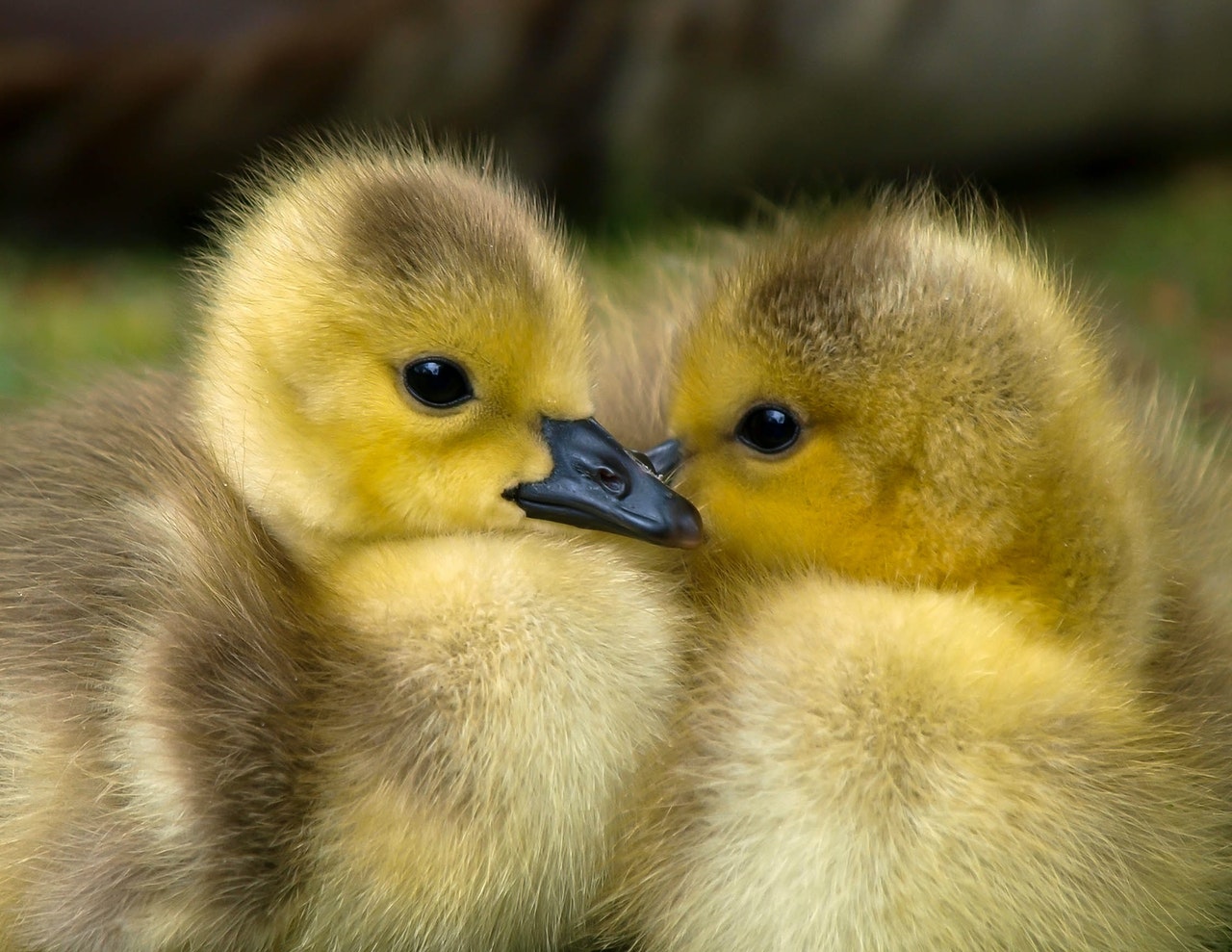
- Determine the required measurements for your birds, and discard these birds on the grounds that you will not find any solutions.
- Birdhouse measurements include passage gap, length, depth, floor estimation.
- Smaller birds such as the wren and the chickadee usually tend to have cages of 4×4 spaces.
- Choosing untreated wood and timber is not ideal for bird houses, because it causes severe risks in addition to the feeling of high temperature.
- Treated wood such as plywood contains additives such as formaldehyde, which expose feathered birds to real dangers.
- Treated wood also often contains harmful chemicals that can harm sedentary birds.
- When crafting or planning a birdhouse arrangement, it is of paramount importance to think about protecting birds from falling objects and predators, so sloping roofs are best so that rain, earth, and moisture do not collect on top and spoil the wood, similarly it is best to have roofs extending on the sides and front.
- Maintenance and cleanliness in the house, because unclean birdhouses are causes of disease, and to help you maintain cleanliness in the birdhouse, include a secondary walkway, along these lines of the house, you can without evacuating a large part of the unused house and clean up the abandoned house.

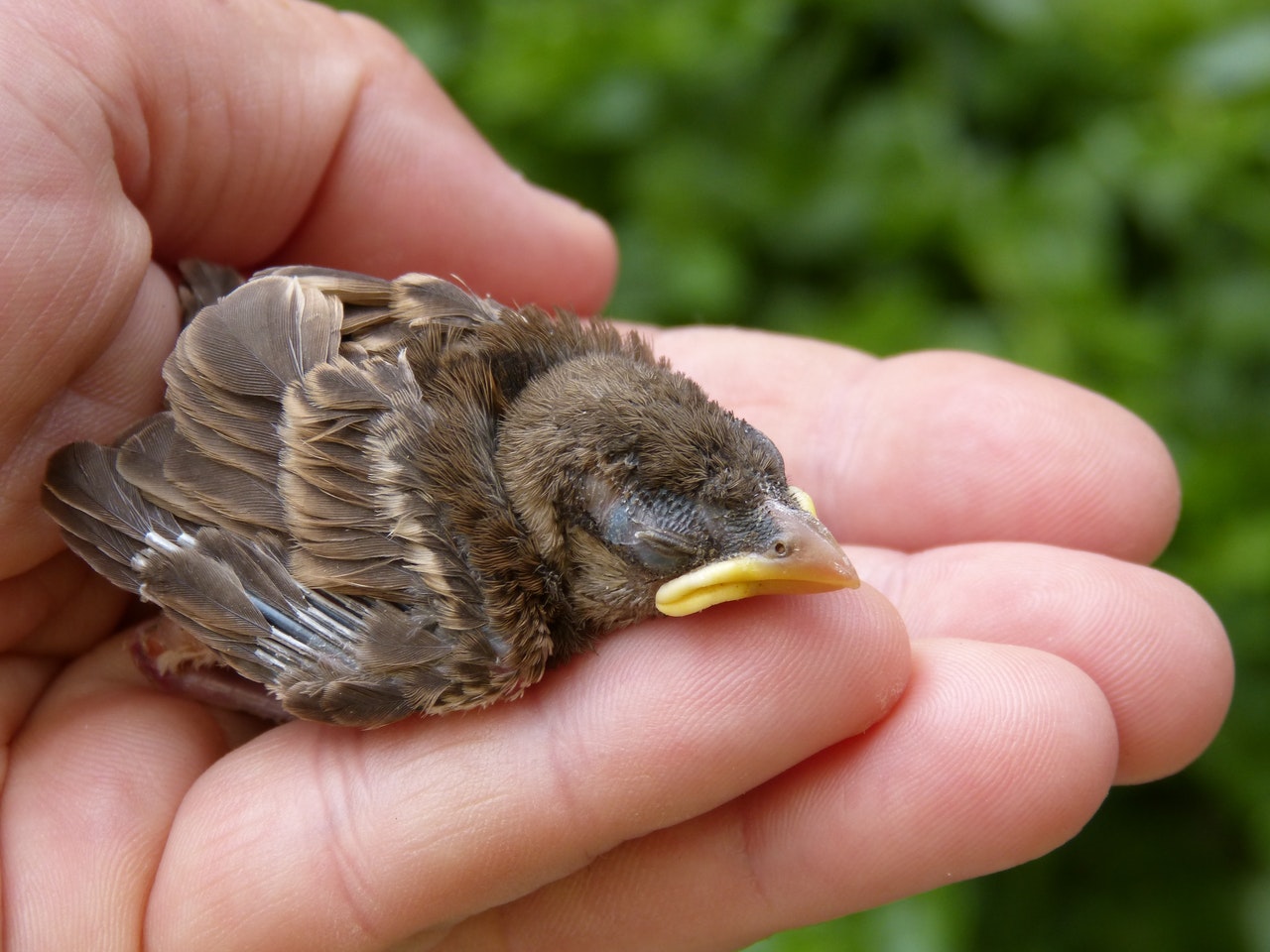
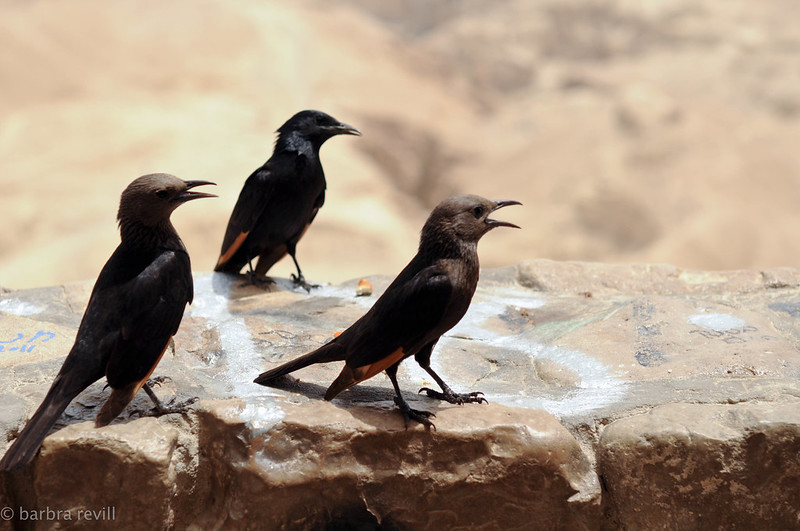
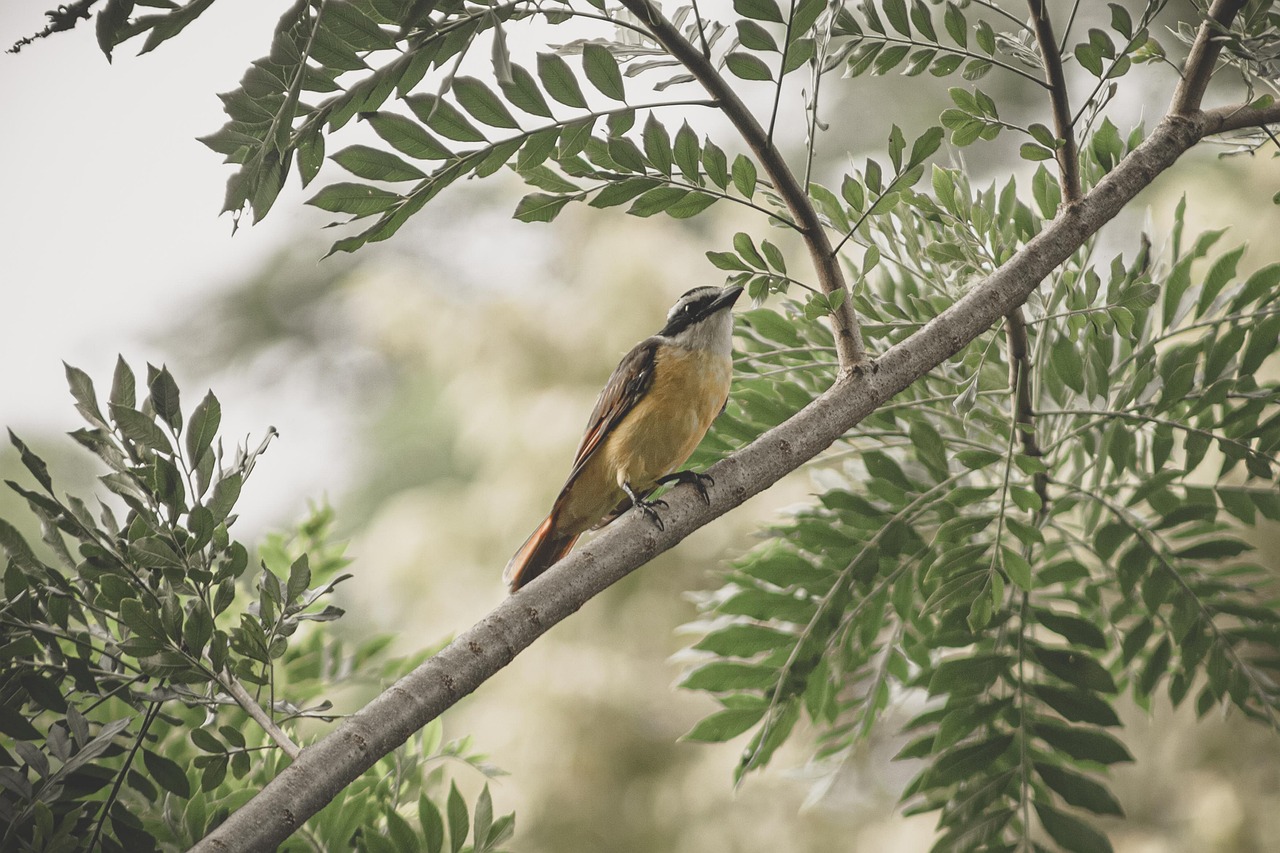
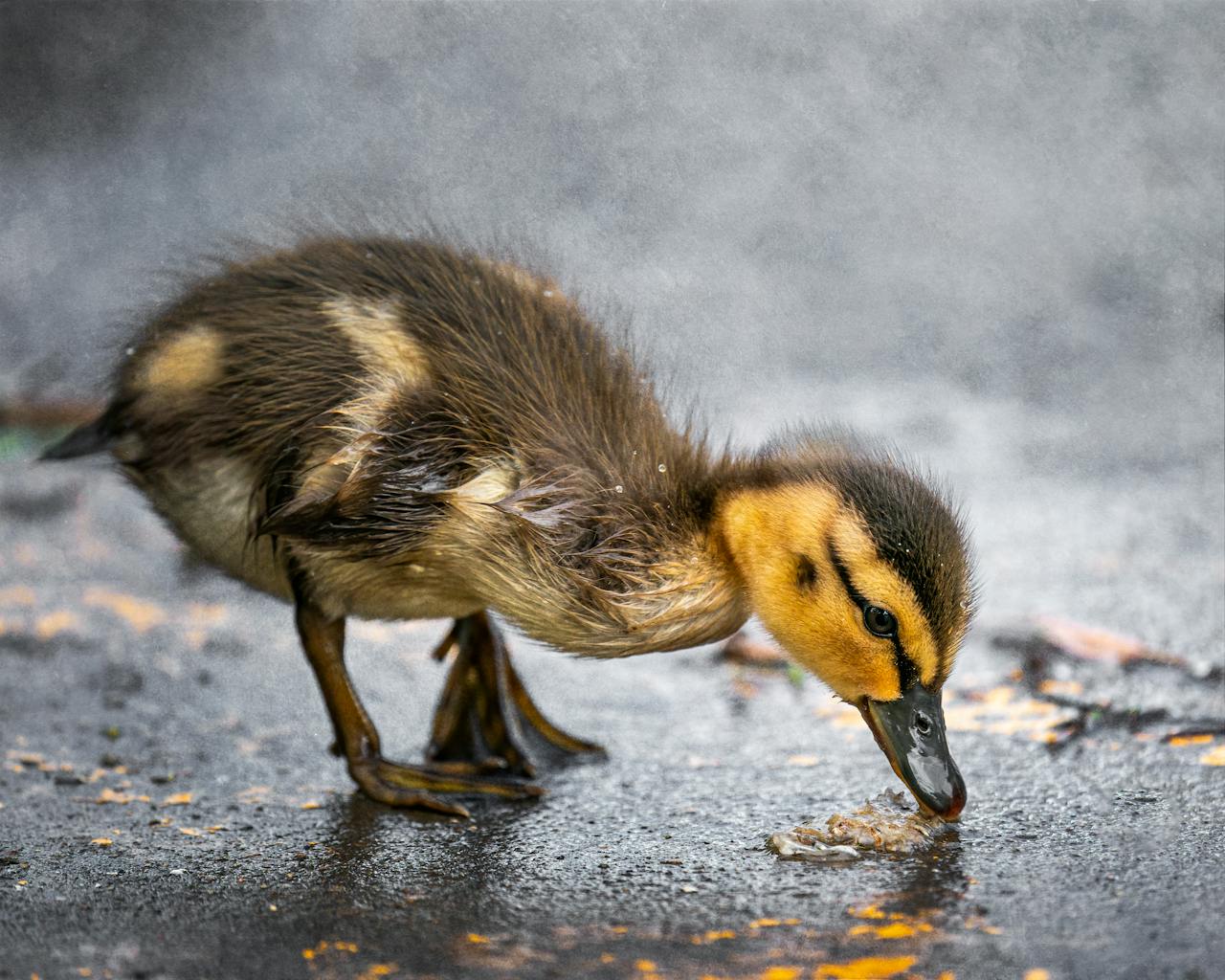
Leave a Reply